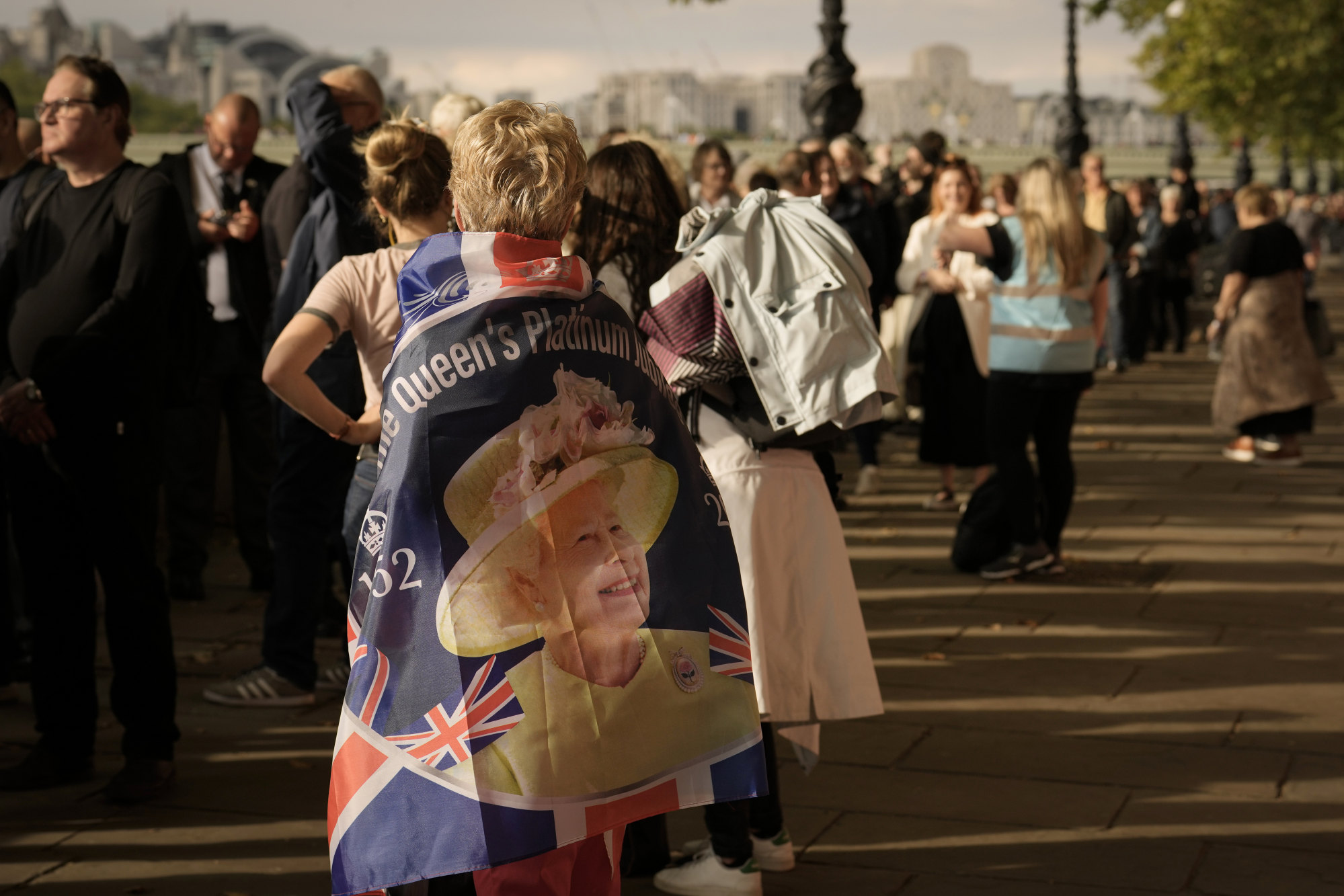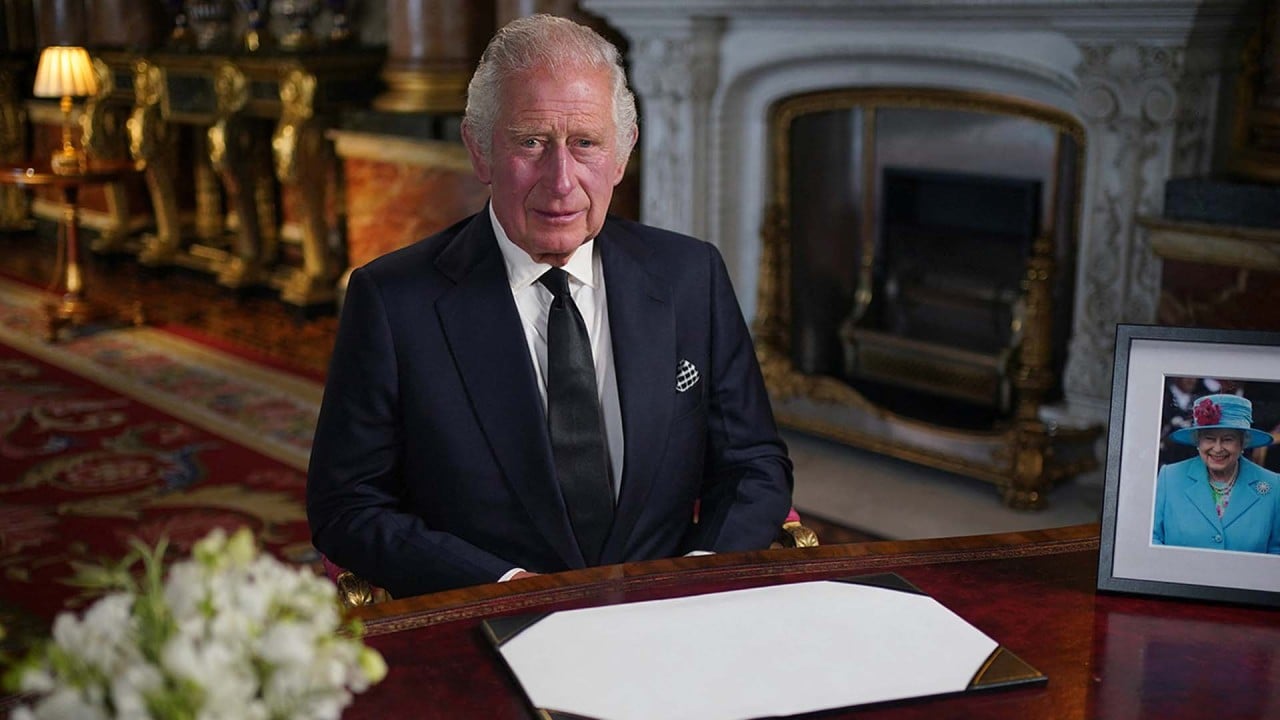
Can King Charles continue to offer Britain ‘value for money’?
- Seven decades of the queen’s careful management have allowed Britain’s royal family to retain their wealth and privilege while staying relevant
- It’s now up to the new monarch to maintain the working royals’ prestige and continue to play a soft power role without burdening taxpayers
This enterprise manages the discrete but formidable wealth of Britain’s royal family, ensuring a more-or-less stable peace between Britain’s privileged aristocracy and its common working voters.
The Firm – a term first used by King George VI, Queen Elizabeth’s father – enables what ought to be impossible: a robust democracy functioning alongside a hereditary monarchy and aristocracy that retains huge wealth, but in exchange provides stability and an invaluable sense of tradition that goes back centuries.

As Robert Shrimsley summarises in the Financial Times, “The job of the British monarchy is largely to be, not to do”. Strictly barred from engagement in policymaking, the royal family and the king in particular nevertheless have somehow to stay relevant and useful. They must also work hard to minimise their perceived burden on the British taxpayer.
David Haigh, CEO of BrandFinance, published a report in 2017 that calculated that the cost of “keeping” the royals amounted to about £300 million a year (US$344.9 million), but that their “royal brand” contributed about £1.8 billion to the British economy.
This contribution arose from the royal role in attracting tourism (estimated at £550 million a year), and from the 800-or-so companies which hold royal warrants that are claimed to boost earnings by 10 per cent a year.
There are also innumerable intangibles. Many regarded the queen and other “working royals” as indispensable contributors to the United Kingdom’s reputation worldwide, and an important extension of Britain’s international diplomacy.
Historian Simon Schama points to the queen’s balancing act both at home and abroad “between remoteness and familiarity, the extraordinary and the ordinary, between a guarded mystique and the common touch”. He praises her success over seven decades in delivering on “a singular if exacting job description: decent value for taxpayers’ money”.
Under the “Sovereign Grant” arrangement agreed with the government in 2012, details of how the royal family is funded are surprisingly transparent. Most of “the King’s fortune” is divided into highly regulated areas, most of which are beyond the family’s direct control.
The biggest of these is the Crown Estate, a £15.6 billion property portfolio including Buckingham Palace, large bits of central London, retail complexes and parks, and the seabed around the UK (suddenly valuable due to the lucrative lease of seabed rights for development of offshore wind farms).
Under the Sovereign Grant Act, the Crown Estate is not the private property of the monarch but a hereditary possession of the sovereign “in the right of the crown”. Under the deal, all of the earnings from the Crown Estate go to the government, which then pays the monarch 15 per cent as an official salary.

This was raised in 2016 to 25 per cent for 10 years to help pay for extensive £369 million refurbishment of Buckingham Palace. In 2020-21 the Sovereign Grant amounted to £86.3 million.
Beyond the Sovereign Grant, the king has two key sources of private income (called the Privy Purse): the Duchy of Lancaster, and the Balmoral and Sandringham estates.
The Duchy of Lancaster owns 18,481 hectares of property and farmland across Cheshire, Lancashire and Staffordshire, and in 2021-22 netted a surplus of £24 million. The queen used these funds to support the opulent lifestyles of working royals, whose ranks nowadays do not include Prince Harry or his wife Meghan Markle.

Then there is the Duchy of Cornwall, a private estate of 52,000 hectares created by King Edward III in 1337 for his son, “to preserve [his] state and honour, according to the nobility of his kind”.
As the Duke of Cornwall, this has in recent decades been the principal source of income of Charles, and now passes to Prince William. It comprises large parts of Dartmoor, the Isles of Scilly and around £92 million in financial investments. In 2021-22 it generated a surplus of £23 million, of which £21 million was paid to Charles.
The Duchy also owns the Oval cricket ground in London, holiday cottages and plant nurseries, and Charles’ cherished residences, Highgrove House in Gloucestershire and Llwynywermod in Carmarthenshire.
With the currently chaotic state of Britain’s “democratic” arm under a rancorous Conservative government, the country’s international standing – and economic well-being – may well depend more than expected on how The Firm performs. And with a deep recession looming, Charles may be put to the test sooner than he or his subjects anticipate.
David Dodwell is CEO of the trade policy and international relations consultancy Strategic Access, focused on developments and challenges facing the Asia-Pacific over the past four decades


